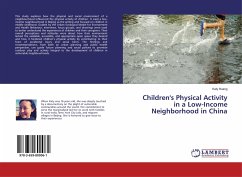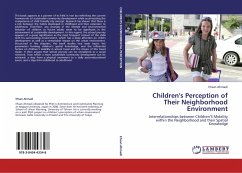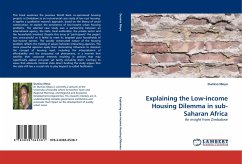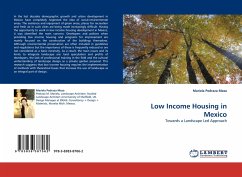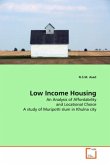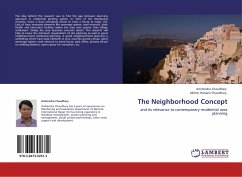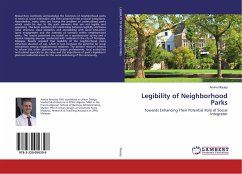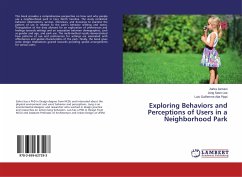This study explores how the physical and social environment of a neighbourhood influenced the physical activity of children. It used a low-income neighbourhood in Beijing as the setting and focused on children in middle childhood. Guided by the Urban Ecological Model for Environment and Health Behaviour, interviews, focus groups, and drawings were used to better understand the experiences of children and their caregivers. Their overall perceptions and attitudes were about how their environment lacked the available, accessible, and appropriate open space they desired and how it hindered children's physical activity by contributing to their fears of accidental injury and social harm. The findings and recommendations, from both an urban planning and public health perspective, can guide future planning and social policies to promote outdoor play and activity integral to the development of children in vulnerable neighbourhoods.
Bitte wählen Sie Ihr Anliegen aus.
Rechnungen
Retourenschein anfordern
Bestellstatus
Storno

